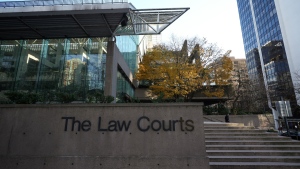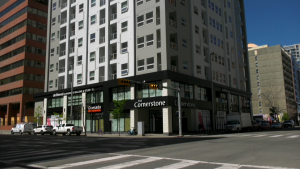A recent court ruling in British Columbia has overturned the eviction of a social housing tenant who owed just $45 in unpaid rent. The decision has sparked debate and raised questions about the fairness of eviction processes in the province.
The case involved a tenant who had been living in a social housing unit for over 10 years. Due to financial struggles, the tenant had fallen behind on rent payments and owed a total of $45. Despite efforts to negotiate a payment plan with the landlord, the tenant was served an eviction notice.
However, the tenant took the case to court, arguing that the eviction was unjustified and that they had made efforts to pay the outstanding rent. The court agreed, ruling that the landlord had not provided sufficient evidence to justify the eviction and that the tenant had made a good faith effort to pay the rent.
The ruling has sparked debate about the fairness of eviction processes in British Columbia. Critics argue that the current system is too harsh and does not take into account the individual circumstances of tenants. They also point out that evictions can have serious consequences, such as homelessness and displacement.
On the other hand, some argue that landlords have the right to evict tenants who do not pay their rent, as it is a breach of the rental agreement. They also argue that evictions are necessary to maintain the financial stability of landlords and ensure that they can continue to provide affordable housing.
The court’s decision has also raised questions about the effectiveness of social housing policies in British Columbia. With a shortage of affordable housing options, many low-income individuals and families rely on social housing for shelter. However, cases like this highlight the challenges and struggles faced by those living in social housing.
In response to the ruling, the provincial government has announced that they will be reviewing the Residential Tenancy Act to address concerns about the fairness of eviction processes. They have also stated that they are committed to finding solutions to the affordable housing crisis in British Columbia.
This case serves as a reminder of the importance of fair and just eviction processes, especially for vulnerable individuals and families living in social housing. It also highlights the need for continued efforts to address the affordable housing crisis in British Columbia.




